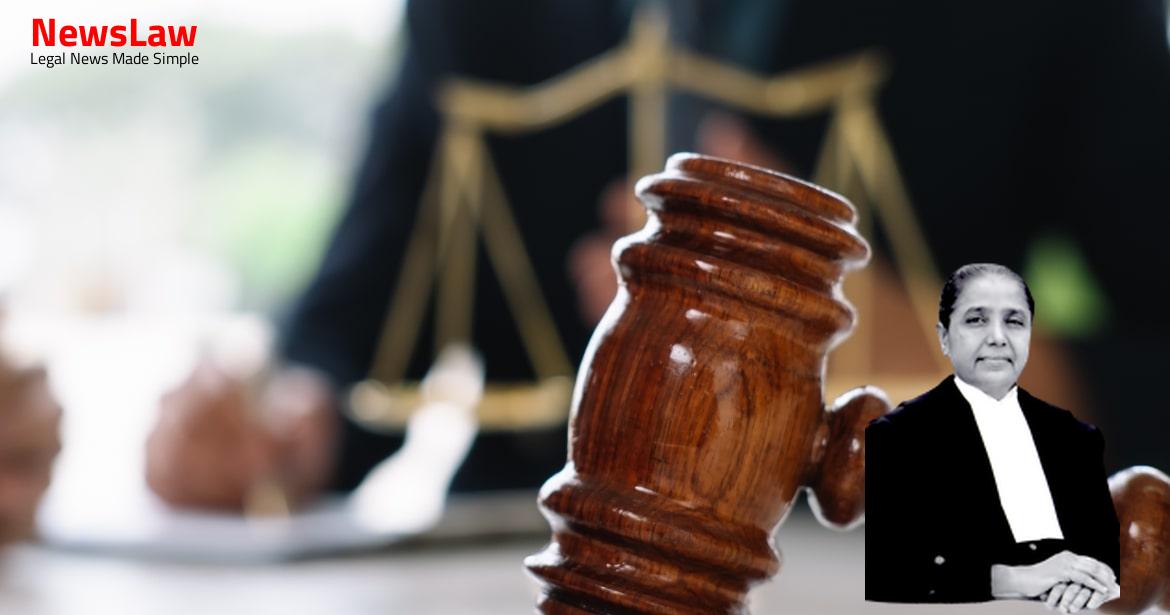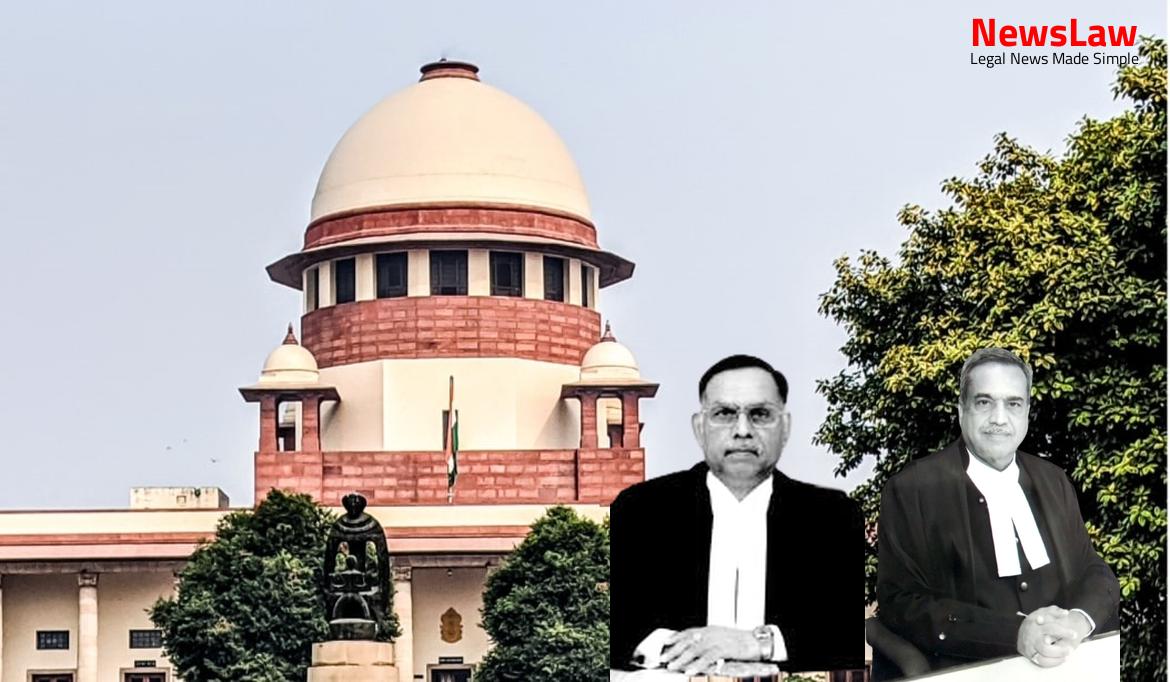This appeal challenges the judgment and order passed by the Division Bench of the High Court of Bombay dated 22 December 2018, thereby dismissing the petition filed by the appellant challenging the order passed by the Scheduled Tribe Caste Certificate Scrutiny Committee, Kokan Division, Thane (for short, ‘the Scrutiny Committee’) dated 12 December 2017, thereby invalidating the claim of the appellant that she belongs to ‘Mana’ Scheduled Tribe.
Also Read: https://newslaw.in/supreme-court/supreme-court-upholds-justice-in-double-murder-case/
Shri Varma, learned counsel appearing for the State of Maharashtra, on the contrary, submits that the Scrutiny Committee as well as the High Court have rightly concluded that the appellant has failed to establish that she belongs to ‘Mana’ Tribe.
State of Maharashtra and Others, he submits that though area restrictions have been removed in 1976, it will still be necessary for a candidate to establish that the candidate’s family originally belongs to an area for which a particular tribe was notified as a Scheduled Tribe. It has also been held that if an applicant is able to produce authentic and genuine documents of the per- Constitution period showing that he belongs to a tribal community, there is no reason to discard his or her claim as prior to 1950, there were no reservations provided to the Tribes included in the Constitution (Scheduled Tribes) Order. The said document relates to as early as 10 March 1924, while another document of 14 April 1926 shows as ‘Mani’.
It is thus possible that there could be some mistake in writing when the caste was written.
Also Read: https://newslaw.in/supreme-court/conviction-upheld-for-offence-under-section-342-of-ipc/
In case the applicant is the first generation ever to attend school, the availability of any documentary evidence becomes difficult, but that ipso facto does not call for the rejection of his claim. Nevertheless, the claim by an applicant that he is a part of a Scheduled Tribe and is entitled to the 7 benefit extended to that tribe, cannot per se be disregarded on the ground that his present traits do not match his tribe’s peculiar anthropological and ethnological traits, deity, rituals, customs, mode of marriage, death ceremonies, method of burial of dead bodies, etc.
It has been held that the claim by a person belonging to the Scheduled Tribe cannot per se be disregarded on the ground that his present traits do not match his tribe’s peculiar anthropological and ethnological traits etc. The Vigilance Cell, while conducting an affinity test, verifies the knowledge of the applicant about deities of the community, customs, rituals, mode of marriage, death ceremonies etc.
If the applicant has stayed in bigger urban areas along with his family for decades or if his family has stayed in such urban areas for decades, the applicant may not have knowledge of the aforesaid facts.
Also Read: https://newslaw.in/supreme-court/judgment-altered-offence-under-section-304-part-i-to-304-part-ii/
Insofar as the contention with regard to area restriction is concerned, it could be seen that Mana Tribe is found at Entry No.18 in the Presidential Order with respect to the Scheduled Castes and Scheduled Tribes for the State of Maharashtra. Needless to state that the validity certificate shall be issued by the Committee within a period of one month from today.
Case Title: PRIYA PRAMOD GAJBE Vs. THE STATE OF MAHARASHTRA (2023 INSC 663)
Case Number: C.A. No.-007117-007117 / 2019



